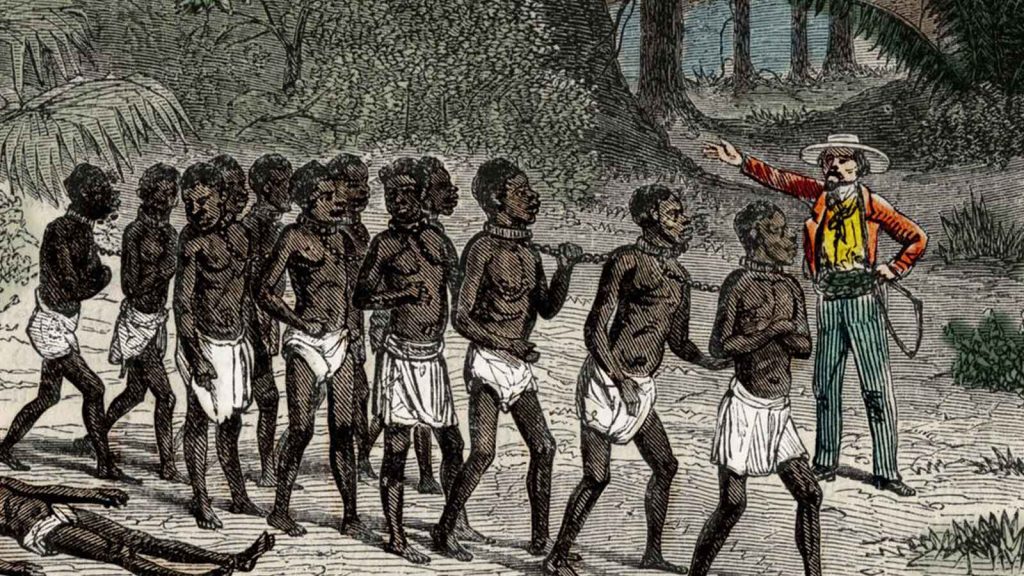
Statement by the CARICOM Reparations Commission (CRC) — The CARICOM Reparations Commission (CRC) welcomes recent developments in the movement for reparatory justice, especially in the Caribbean and across the United…

Statement by the CARICOM Reparations Commission (CRC) — The CARICOM Reparations Commission (CRC) welcomes recent developments in the movement for reparatory justice, especially in the Caribbean and across the United…
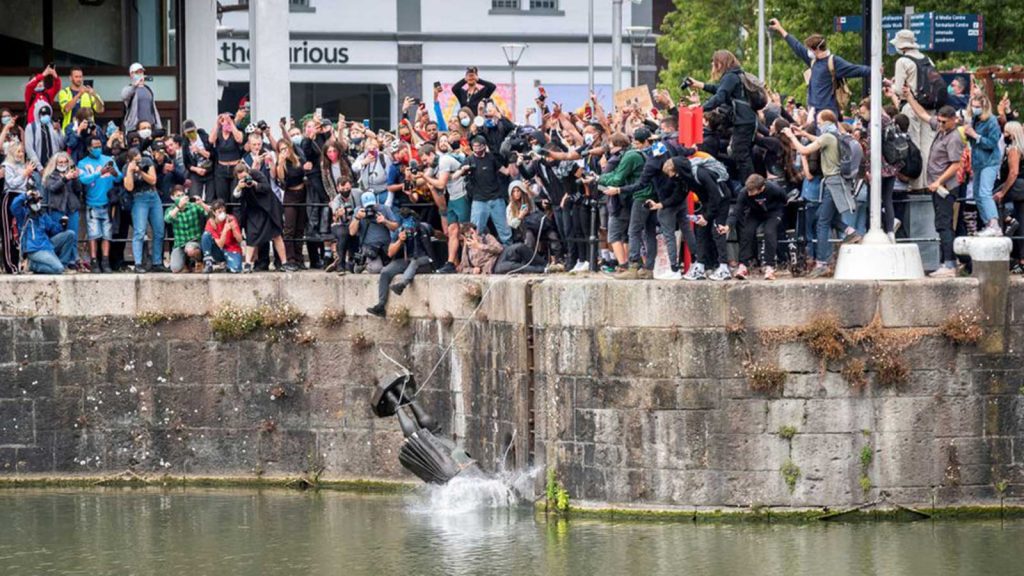
By Kate Chappell, Reuters — Jamaica plans to ask Britain for compensation for the Atlantic slave trade in the former British colony, a senior government official said, under a petition…
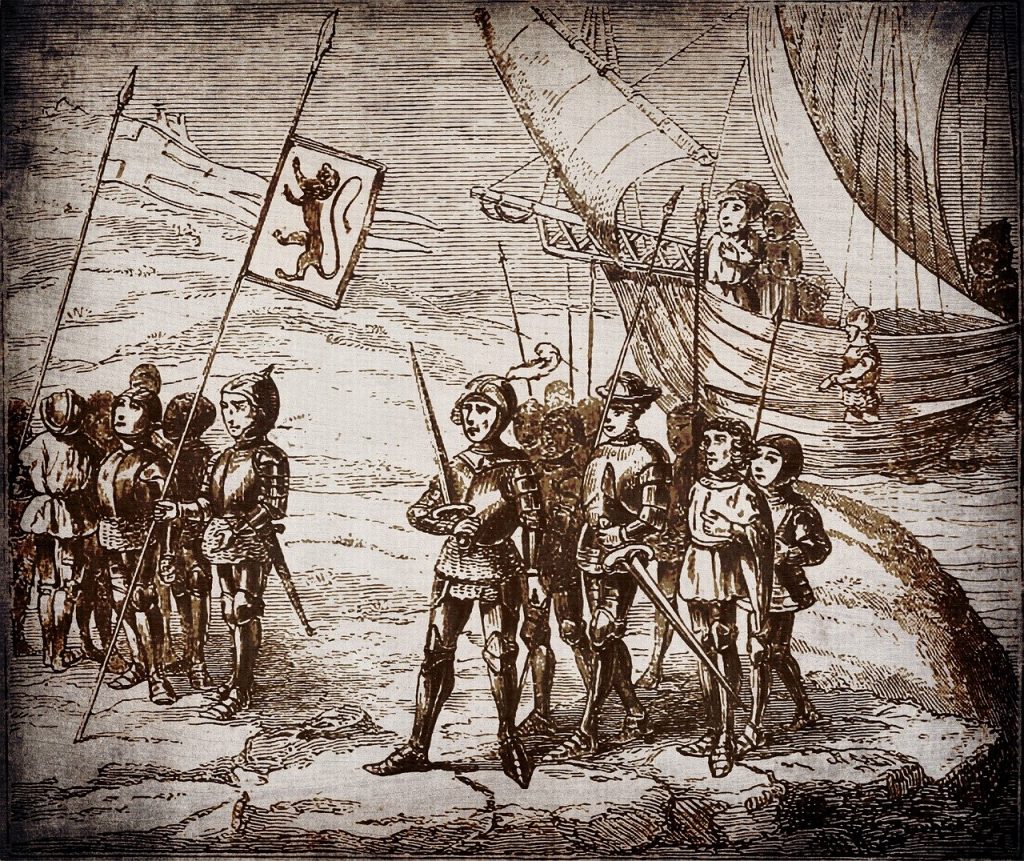
By Don Rojas — Independent MP William Wilberforce wrote the Slave Trade Act in 1807 which abolished the industry across the British Empire. It was enacted in 1833 The transatlantic…
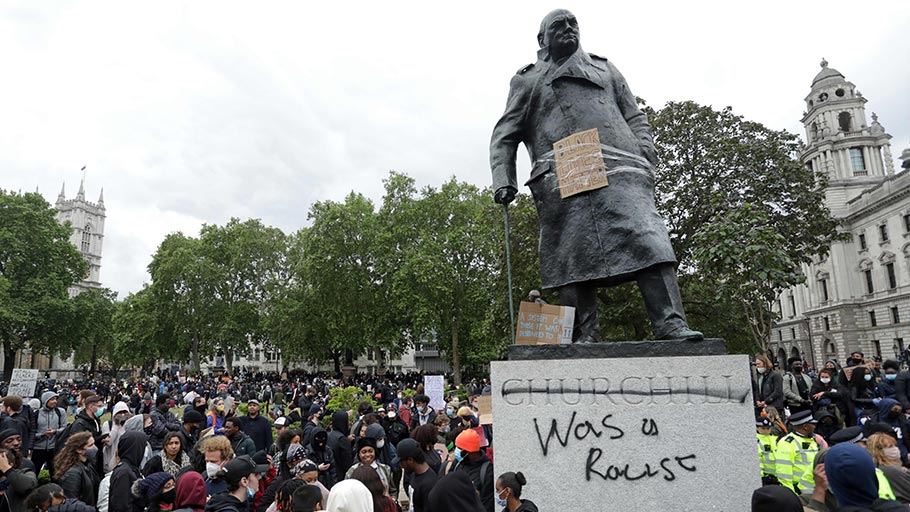
By Ishan Tharoor with Ruby Mellen, Washington Post — Edward Colston was a 17th-century English merchant who rose to the position of deputy governor of the Royal African Co. His family became fabulously wealthy as a result, profiting from the company’s role in the British trade of African slaves to the New World. Under Colston’s watch, about 84,000 Africans were shipped to lives of bondage and misery. An estimated 19,000 of them perished during the…
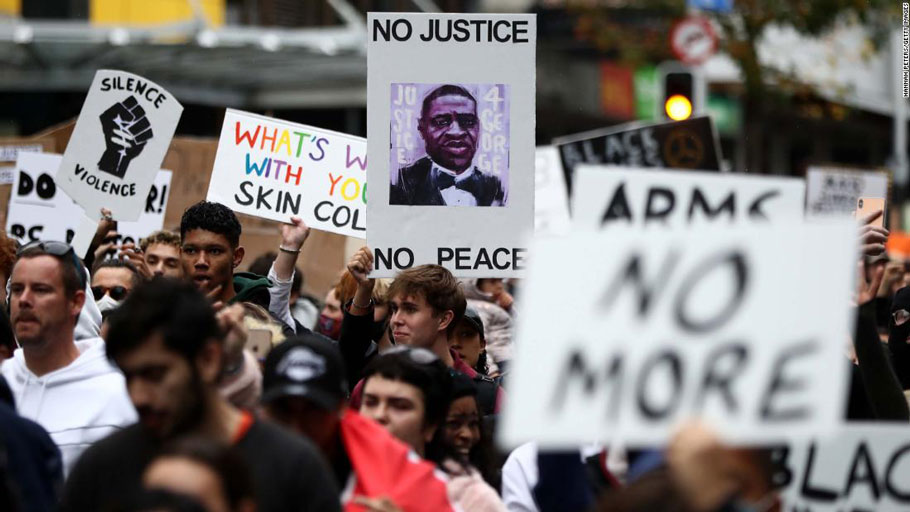
By Zamira Rahim and Rob Picheta, CNN — Protesters have marched in the US for six consecutive nights over the death of George Floyd at the hands of a police officer. Their anger over…
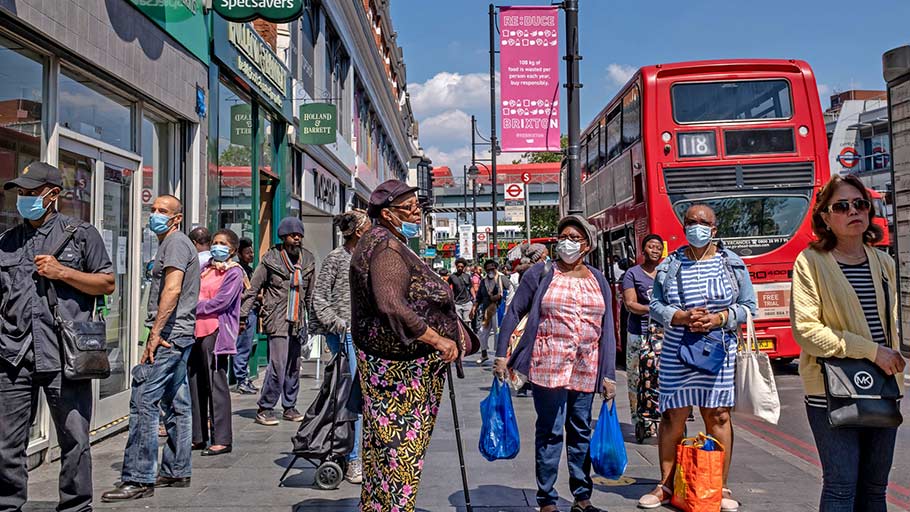
The government could have predicted, and perhaps prevented, many deaths. It did not. By Sonia Faleiro, NYT — In early April, Maruthalingam Thiyakumar, a 58-year-old employee of the corner shop in my neighborhood in South London, died from the coronavirus. While some of my neighbors and I were able to follow Prime Minister Boris Johnson’s injunction to “stay at home” and “save lives,” Mr. Thiyakumar continued to provide toilet paper and tea…
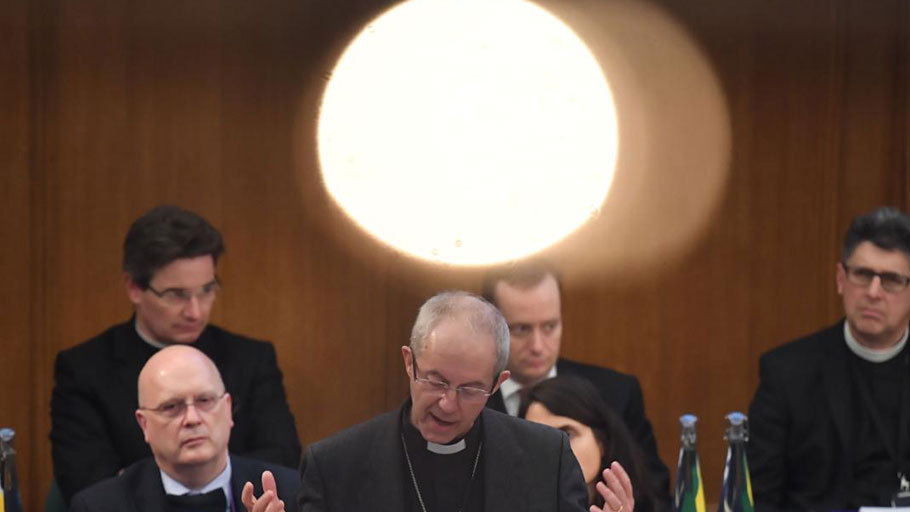
By Ivana Kottasová, CNN — The Church of England has decided to apologize for racism experienced by “countless black, Asian and minority ethnic people” over the past 70 years. The Church said in a statement that the General Synod, its legislative body, voted on last Tuesday to issue an official apology and commission an outside expert to prepare a report on racism, race and ethnicity in the church. Speaking at the synod,…
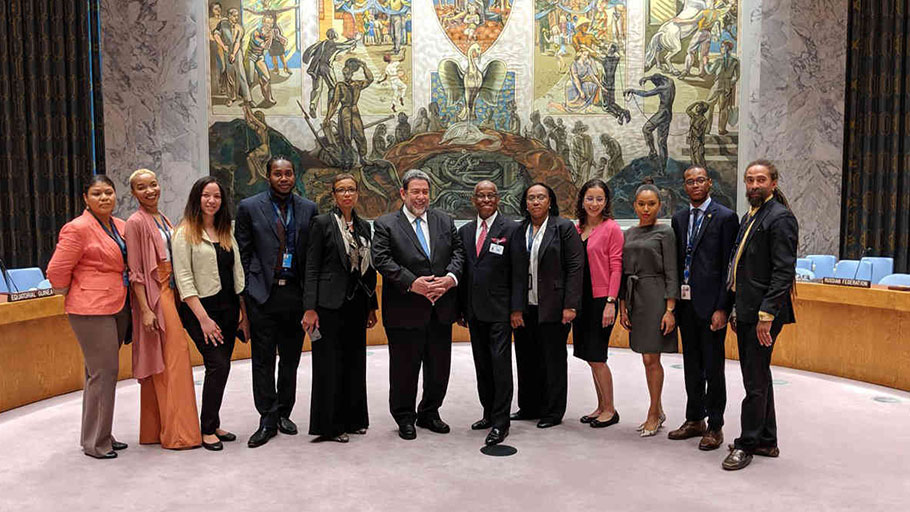
By Nelson A. King, Caribbean Life News — As St. Vincent and the Grenadines on Wednesday officially assumed a non-permanent seat on the United Nations’ Security Council, the country’s Ambassador to the UN, I. Rhonda King, says the “historic journey” begins with “Three Stories and a Prayer: The Manifestation of the Prophetic Imagination.” “With the audacity of David, the widow’s faith, the spirit of Chatoyer, the prayer of Saint Francis…

It’s the racism. By Afua Hirsch, NYT — The British press has succeeded in its apparent project of hounding Meghan, the Duchess of Sussex, out of Britain. The part it perhaps didn’t bargain for, however, is the loss of Prince Harry — a much loved royal and a key part of the family’s global brand — along with her. In a statement released this week, the couple said they want to “carve out…
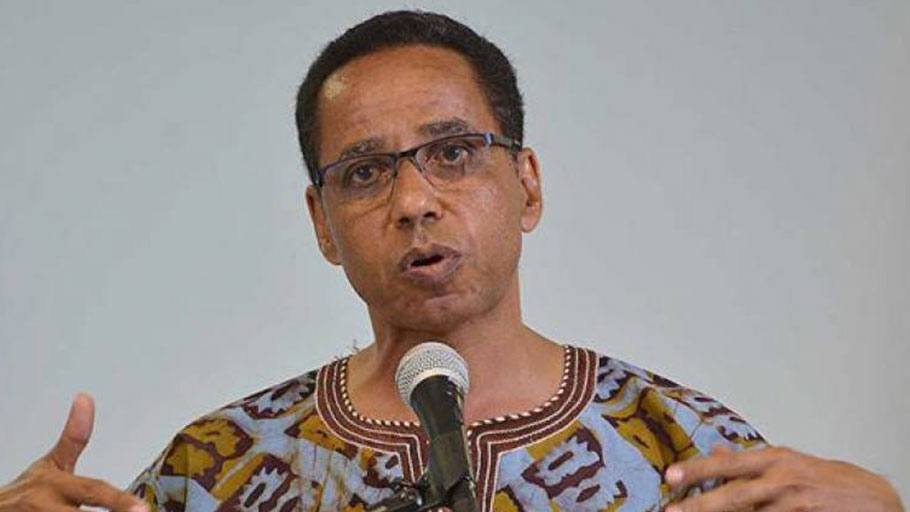
Address by Ambassador David Comissiong to the West and Central Africa Conference on the United Nations International Decade for People of African Descent Organized by the United Nations Commission for…
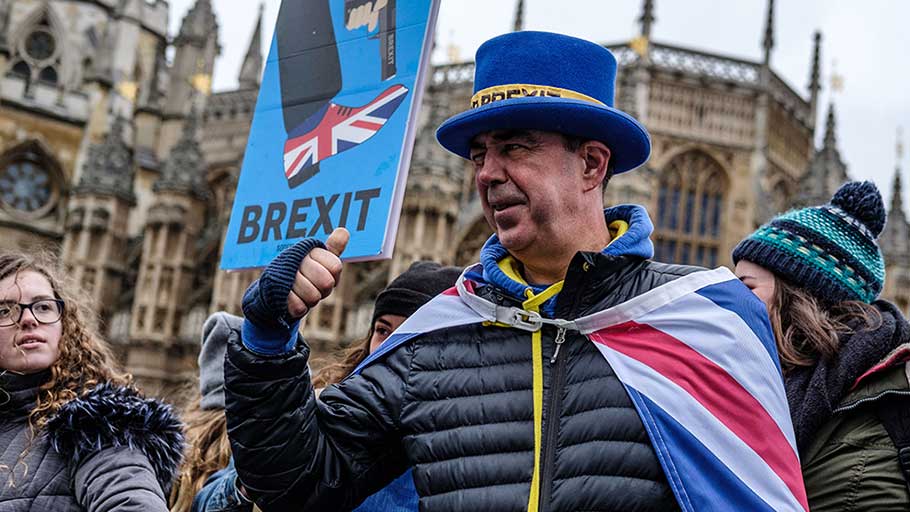
By Sikivu Hutchinson, The Humanist — On the bustling streets of Kensington in London last week, one of the Black women I asked to comment on the recent election of…
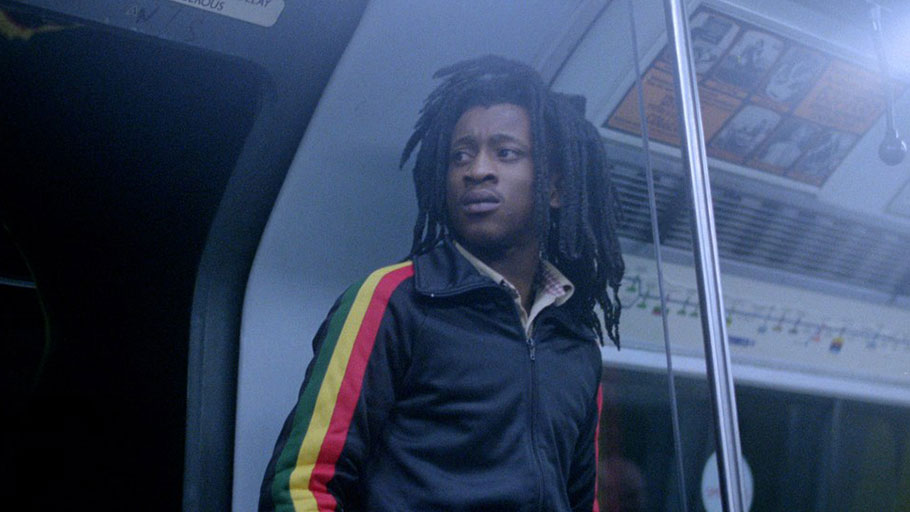
By Hua Hsu, The New Yorker — In June, 1948, the H.M.T. Empire Windrush docked in the Port of Tilbury, near London. Among its passengers were approximately eight hundred West Indian workers, mostly from Jamaica, who had come in response to England’s postwar labor shortage. Some planned to earn money and return home; others wondered what it would be like to stay. There was a lot of work to be…